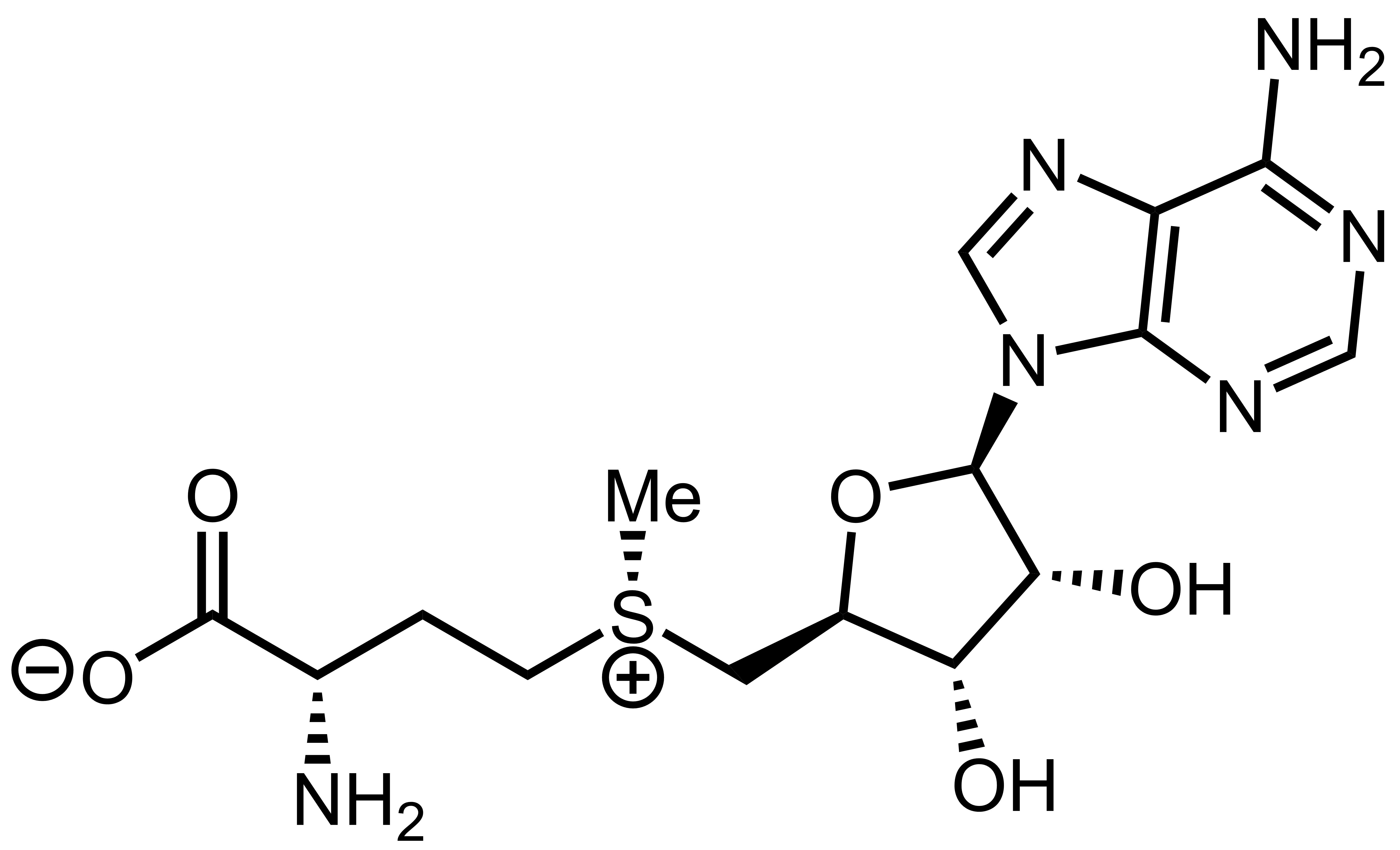SAM-e (S-adenosylmethionine, SAMe): Benefits of
What are the benefits of taking S-adenosylmethionine?
S-adenosylmethionine (SAMe) is a naturally occurring compound that is involved in many biochemical processes in the body. It is sometimes used as a dietary supplement to help treat certain conditions. Some potential benefits of taking SAMe include:
- Mood enhancement: SAMe is thought to play a role in the production of neurotransmitters such as serotonin, dopamine, and norepinephrine, which are important for mood regulation. Some studies suggest that SAMe may be effective in reducing symptoms of depression.
- Joint health: SAMe has been studied for its potential role in reducing pain and inflammation in conditions such as osteoarthritis. Some research suggests that SAMe may be as effective as nonsteroidal anti-inflammatory drugs (NSAIDs) in reducing pain and improving joint function in people with osteoarthritis.
- Liver health: SAMe may help protect the liver and improve liver function in people with liver disease. Some studies suggest that SAMe may be effective in reducing liver damage caused by conditions such as hepatitis and cirrhosis.
- Cognitive function: Some research suggests that SAMe may have a positive effect on cognitive function and may help improve memory and attention in older adults.
- Fibromyalgia: SAMe has been studied for its potential role in reducing pain and improving quality of life in people with fibromyalgia. Some research suggests that SAMe may be effective in reducing pain and fatigue in people with fibromyalgia.
It’s important to note that while SAMe is generally considered safe for most people when taken at recommended doses, it can cause side effects in some individuals. It’s always best to consult with a healthcare provider before starting any new supplement, especially if you have any underlying health conditions or are taking medications.
How much SAM-e should you take?
The appropriate dosage of S-adenosylmethionine (SAMe) can vary depending on the individual and the condition being treated. It’s important to follow the dosage recommendations provided on the product label or as directed by a healthcare provider.
For mood support or depression, the typical recommended dosage of SAMe is between 400-1600 mg per day, taken in divided doses. It’s often recommended to start with a lower dose and gradually increase as needed, under the guidance of a healthcare provider.
For joint health or osteoarthritis, the typical recommended dosage of SAMe is between 600-1200 mg per day, taken in divided doses. Again, it’s best to start with a lower dose and adjust as needed.
SAMe is generally considered safe for most people when taken at recommended doses, but it can cause side effects such as nausea, diarrhea, or anxiety in some individuals. It’s always best to consult with a healthcare provider before starting any new supplement, especially if you have any underlying health conditions or are taking medications.
What are the risks of taking SAM-e?
While S-adenosylmethionine (SAMe) is generally considered safe for most people when taken at recommended doses, it can cause side effects and may not be suitable for everyone. Some potential risks and side effects of taking SAMe include:
- Digestive issues: SAMe can cause gastrointestinal side effects such as nausea, diarrhea, or stomach upset in some individuals.
- Mania or hypomania: In people with bipolar disorder, SAMe may trigger episodes of mania or hypomania.
- Anxiety: Some people may experience increased anxiety or restlessness when taking SAMe.
- Allergic reactions: Rarely, SAMe can cause allergic reactions in some individuals. Symptoms of an allergic reaction may include rash, itching, swelling, dizziness, or difficulty breathing.
- Serotonin syndrome: SAMe may increase serotonin levels in the brain, which can lead to serotonin syndrome in some individuals. Symptoms of serotonin syndrome may include confusion, hallucinations, rapid heart rate, fever, sweating, shivering, shaking, blurred vision, muscle spasm or stiffness, tremor, incoordination, stomach cramp, nausea, vomiting, and diarrhea.
- Interactions with medications: SAMe may interact with certain medications, including antidepressants, medications that affect serotonin levels, and medications that affect the liver. It’s important to consult with a healthcare provider before taking SAMe if you are taking any medications.
- Not recommended for certain conditions: SAMe may not be recommended for people with certain conditions, such as bipolar disorder, Parkinson’s disease, or those who are pregnant or breastfeeding.
It’s always best to consult with a healthcare provider before starting any new supplement, especially if you have any underlying health conditions or are taking medications. They can help determine if SAMe is safe and appropriate for you.




